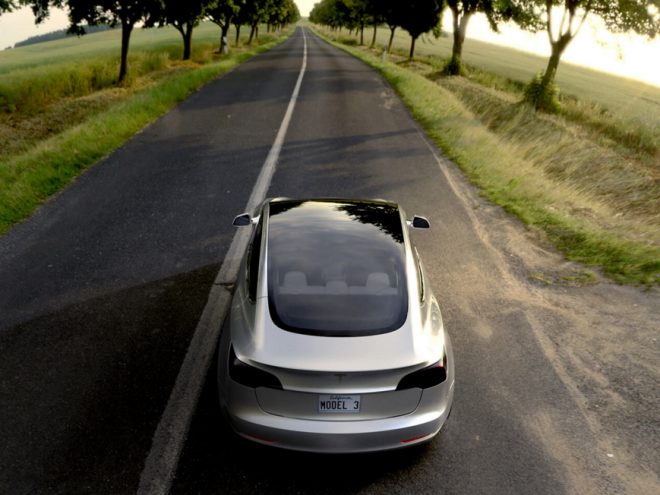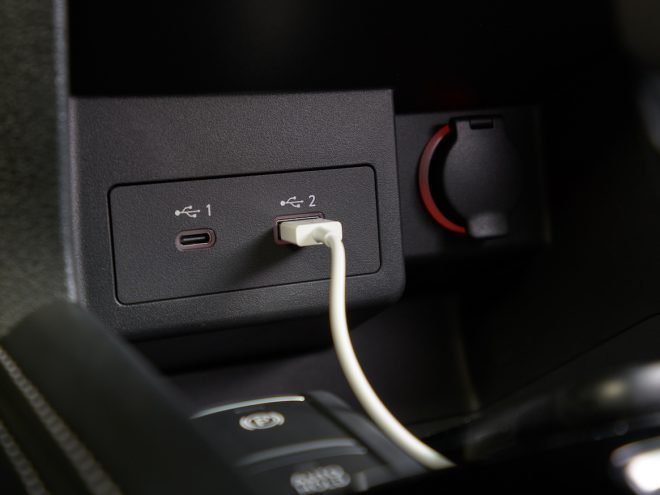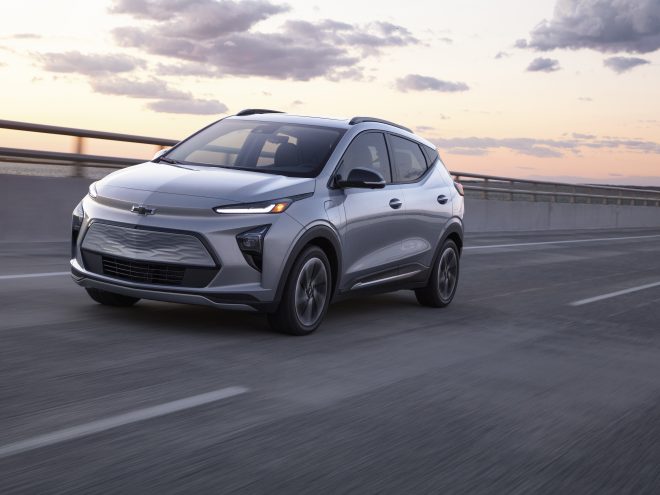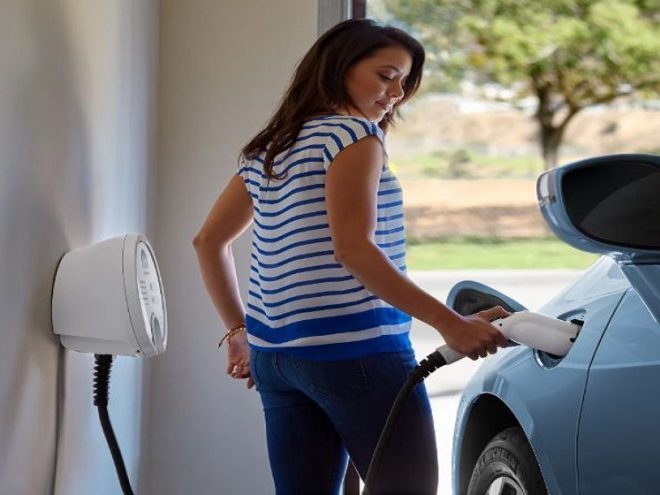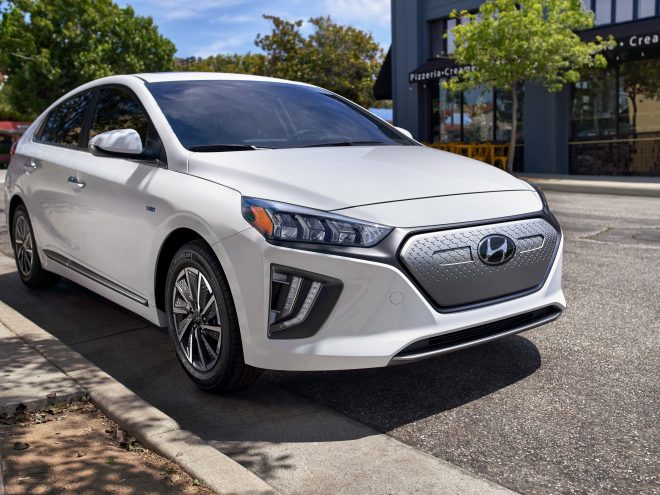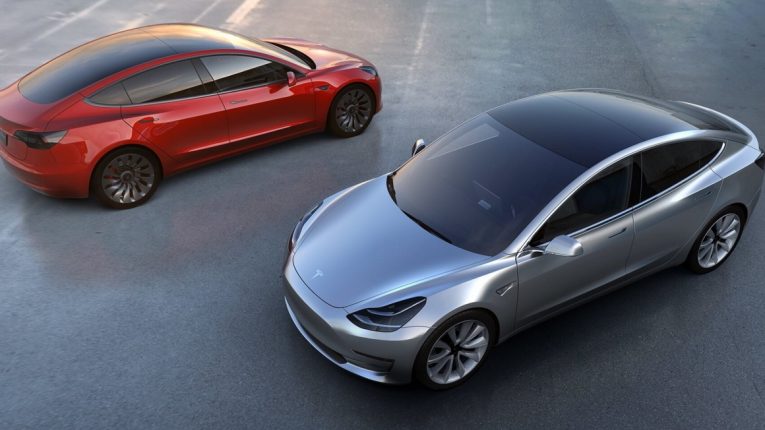
Why Your Next Car Should Be Electric: 10 Reasons to Switch
In the U.S., the transportation sector is responsible for around 29% of all greenhouse gas emissions – primarily from passenger vehicles.
If you’re worried about your carbon footprint, driving a traditional gas-powered car clearly isn’t the way to go. But the good news is that electric cars aren’t just a fad – they are here to stay.
Electric cars are only growing in popularity. In 2021, sales of electric vehicles accounted for 20% of all passenger vehicles – up from just 2% in the previous year.
Now, electric cars come in an array of models, and they’re widely available to the average consumer. Most car dealerships in utah – and indeed the whole country – are committed to becoming a part of the electric car revolution.
Here are ten more excellent reasons why you should make the switch.
1. You Don’t Need to Know How to Drive Stick
One massive difference between electric cars and vehicles with a combustion engine is that electric vehicles don’t have traditional gearboxes; they function like automatic cars. You’ll never have to change gears manually when driving an electric car.
Considering how quiet an electric car is and how you won’t have to change gears, driving in traffic jams or start-stop traffic in the busy city is that much more pleasant.
2. Zero Emissions
Of course, a major reason people are switching to electric cars is that they are considering their impact on the environment. Electric vehicles don’t emit toxic fumes into the atmosphere because their engines run on battery power. Battery-powered cars do not have combustion engines, which means that no fuel is burned – in fact, electric cars don’t even have exhausts.
In a time where humanity is trying to reduce pollution and global Co2 emissions, electric cars are a more environmentally-friendly solution.
3. Save on Fuel Costs
Put simply, petrol and diesel are more expensive than electricity. By swapping your car with a combustion engine for an electric vehicle, you can save money by fitting your home with a charging station and charging your car at home.
Think of it this way: you’ll never have an oil refinery in your backyard to make fuel for your combustion-engine car, but you can generate your own electricity. You can even generate electricity to power your electric vehicle by installing solar panels on your roof – generating your own renewable solar energy means you’ll pay even less to power your car.
4. Less Maintenance
Because the technology in an electric drivetrain is much simpler than a combustion engine, there are fewer rotating parts. Fewer rotating parts mean there is less friction, which ultimately means there are fewer fluids to change. Electric car owners pay less to maintain their vehicles.
According to Consumer Reports, owners of electric cars saved as much as 50% on maintenance costs when compared to other vehicles with combustion engines.
5. A Quieter Engine and Smoother Ride
Compared to traditional combustion engines, electric cars are virtually silent.
Electric engines do not produce vibrations or resonance because they don’t burn fuel or create propulsion noise – instead, they are hooked up to batteries via a direct current. Electric cars are also quieter than combustion engine vehicles because they have fewer moving parts. With an electric vehicle, you can drive in vibration-free comfort.
6. Instant Torque
An electric car’s torque is much higher than a traditional combustion engine. In fact, a defining characteristic of an electric vehicle is its remarkably high torque.
Electric engines are highly reactive to changes in the throttle, and they can deliver torque from a complete standstill. Traditional combustion engines have slower response times, which means they can only deliver maximum torque at certain speeds.
When compared to fuel-powered cars, electric vehicles’ smoother and more powerful acceleration makes driving a pleasure.
7. Superior Efficiency
Even with advancing technology, combustion engines only have an efficiency of around 40%. This means that they are only able to convert 40% of their fuel into energy to propel the vehicle forward – the other 60% is lost to friction and heat. That means that, for every $100 spent on fuel, $60 is essentially wasted.
Electric cars are much more efficient at using their battery energy – they use approximately 90% of it. An electric vehicle can recover kinetic energy by converting the motor into a generator, and almost nothing is lost to heat or friction.
8. Tax Cuts and Other Incentives
If all the other reasons to switch to an electric car haven’t convinced you, maybe a substantial tax cut can. Currently, purchasing an electric vehicle in the United States qualifies for federal tax credits of up to $7,500.
Aside from a federal tax cut, many states and cities are also offering financial incentives in the form of rebates, tax credits, and other programs to encourage Americans to switch their combustion engine vehicles for electric ones.
9. Costs Are Falling
While electric vehicles do carry a higher initial price tag when compared to other cars, their prices are falling dramatically. In the next year, electric cars may be cheaper or cost the same price as their gasoline counterparts – especially when you consider the low cost to maintain them, tax incentives, and rising fuel costs.
According to energy research firm BloombergNEF, the price per kilowatt-hour for electric cars is trending down. The average global kilowatt per hour price for an electric vehicle has dropped by a whopping 89% since 2010 – from $1100 per kilowatt-hour to just $137.
10. Charging Stations Are Becoming Widely Available
A major reason people may be hesitant to buy an electric car is that they worry about finding a public charging station. However, the number of charging stations in the U.S. has grown exponentially in the last few years.
The number of electric car charging stations is set to increase even further as local governments invest more money in the infrastructure needed. And, as more and more Americans switch to electric cars, smartphone apps are now available to help electric owners find public charging stations – no matter where they are.
